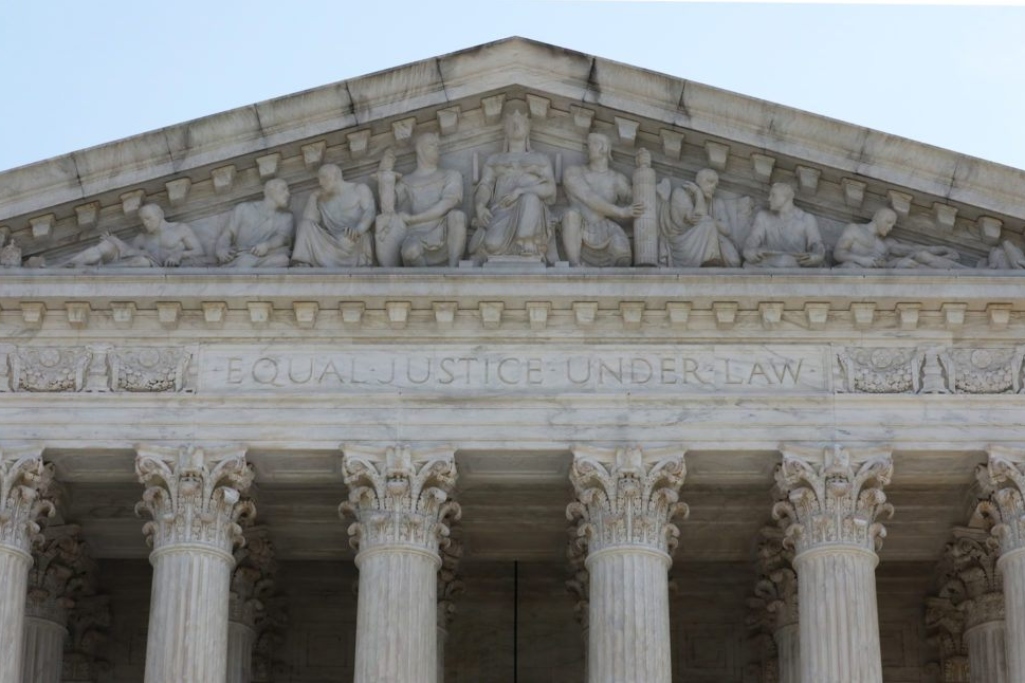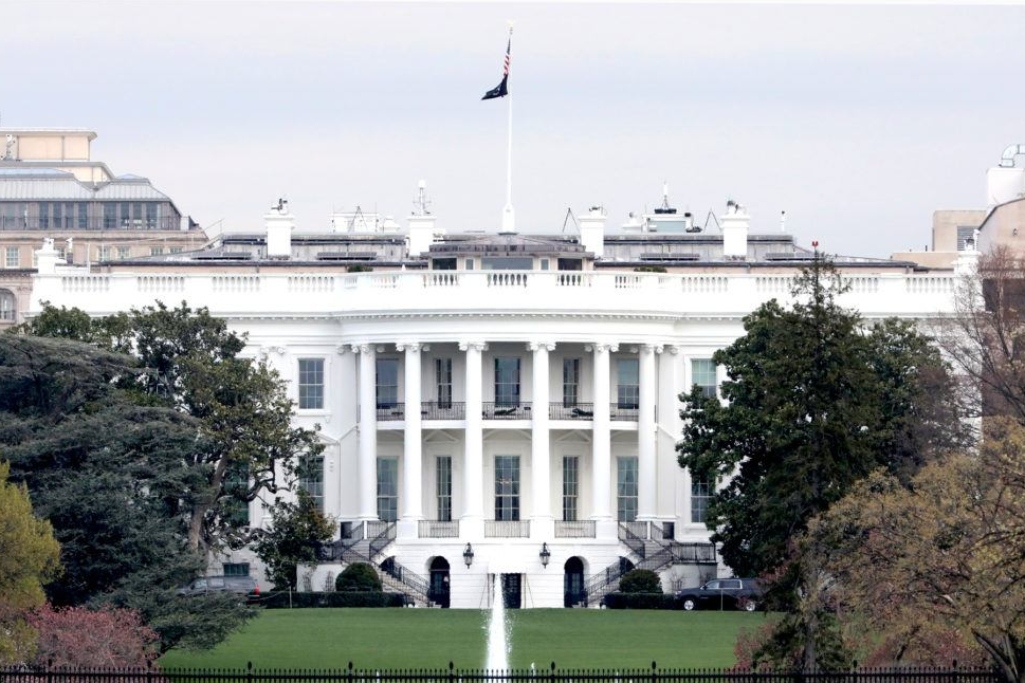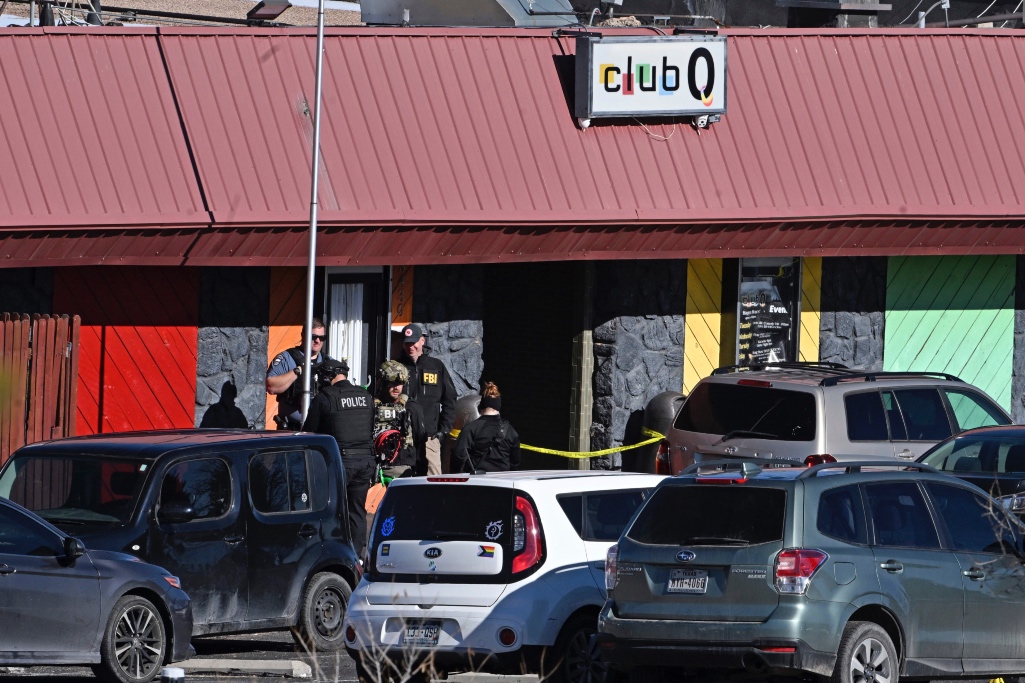
The U.S. Supreme Court.
WASHINGTON (BP)—The U.S. Supreme Court unanimously clarified Thursday (June 29) an almost 50-year-old decision in a way that strengthens the right of employees to practice their religious beliefs without penalty.
In a 9-0 opinion, the high court ruled previous interpretations of its 1977 decision in a workplace accommodation case have been mistaken. The justices made clear the standard in such disputes is whether an employer would suffer a substantial cost and not just a minimal or trivial one to accommodate a worker’s free exercise of religion.
The Supreme Court’s decision invalidated a 2022 ruling by the Third Circuit Court of Appeals in Philadelphia that decided accommodating a U.S. Postal Service (USPS) employee’s religious beliefs established an “undue hardship” based on the long-accepted “de minimis” standard. The justices returned the case to a lower court for application of their opinion “[w]ithout foreclosing the possibility that USPS will prevail.”
Gerald Groff — an evangelical Christian who believes Sunday is the Sabbath and should be observed by rest and worship – appealed to the high court after losing in federal court and before a divided, three-judge panel of the Third Circuit. Groff had sought an accommodation for his belief he should not work on Sunday.
Religious freedom advocates commended the ruling.
“This is a victory for every American,” said Brent Leatherwood, president of the Southern Baptist Ethics & Religious Liberty Commission (ERLC), in a written release. “Your profession of faith should not be a barrier to your professional vocation.
“Despite some voices saying that Mr. Groff sought exceptional treatment, the court saw through that to the truth of the matter,” Leatherwood said. “He simply asked for a reasonable accommodation to live out the tenets of his faith. [T]he court has again affirmed the importance of living in accordance with one’s deepest-held beliefs.”
Mark Rienzi, president of Becket, said in written comments, “Today’s ruling corrects decades of rulings against religious Americans. Big corporations got away with firing employees for their religious practices for decades, thanks to a fundamental misreading of civil rights law.”
Kelly Shackelford, president of First Liberty Institute (FLI), described the high court’s ruling as a “landmark victory.”
“This decision will positively help millions and millions of American – those who work now and their children and grandchildren,” he said in a written statement.
Groff, who was represented by FLI, said in a news release from the organization he hopes the opinion “allows others to be able to maintain their convictions without living in fear of losing their jobs because of what they believe.”
The ERLC had joined other organizations in a friend-of-the-court brief that urged the Supreme Court to overturn its 1977 workplace accommodation decision. The brief called for the justices to define “undue hardship” cited in Title VII of the 1964 Civil Rights Act in such cases as “an action requiring significant difficulty or expense,” language used in the Americans With Disabilities (ADA) Act.
In its ruling Thursday, the high court declined to reverse the 1977 Trans World Airlines v. Hardison opinion or to adopt the ADA definition, but it still delivered a notable win for religious liberty.
In his opinion for the court, Associate Justice Samuel Alito said “it is doubtful” a line in the Hardison decision requiring “more than a de minimis cost” to an employer in a workplace accommodation case was intended to be applied by lower courts “as the authoritative interpretation” of “undue hardship” in Title VII. Many lower courts, however, “have latched on to ‘de minimis’ as the governing standard,” he wrote.
The Hardison opinion “cannot be reduced” to the phrase “more than a de minimis cost,” Alito wrote. “Hardison referred repeatedly to ‘substantial’ burdens, and that formulation better explains the decision.”
As a result, it is sufficient “to say that an employer must show that the burden of granting an accommodation would result in substantial increased costs in relation to the conduct of its particular business,” Alito wrote.
The justices also said religious hostility by other employees is not a basis for rejecting an accommodation for a worker.
“[A] hardship that is attributable to employee animosity to a particular religion, to religion in general, or to the very notion of accommodating religious practice cannot be considered ‘undue,’” Alito wrote.
Groff was able to practice his Sabbatarian belief without a problem when he began working as a postal employee in Lancaster County, Pa., in 2012. After the USPS began making Amazon deliveries on Sunday, he sought an accommodation for his religious belief. Though his request was initially granted, he ultimately was disciplined for failing to work on the Sundays he was scheduled. He resigned in 2019 and filed suit against the USPS, specifically Postmaster General Louis DeJoy, for religious discrimination.
Joining the ERLC in the brief led by The Church of Jesus Christ of Latter-day Saints were the National Association of Evangelicals, U.S. Conference of Catholic Bishops, Baptist Joint Committee for Religious Liberty and the Anti-defamation League.
(EDITOR’S NOTE – Tom Strode is Washington bureau chief for Baptist Press.)


